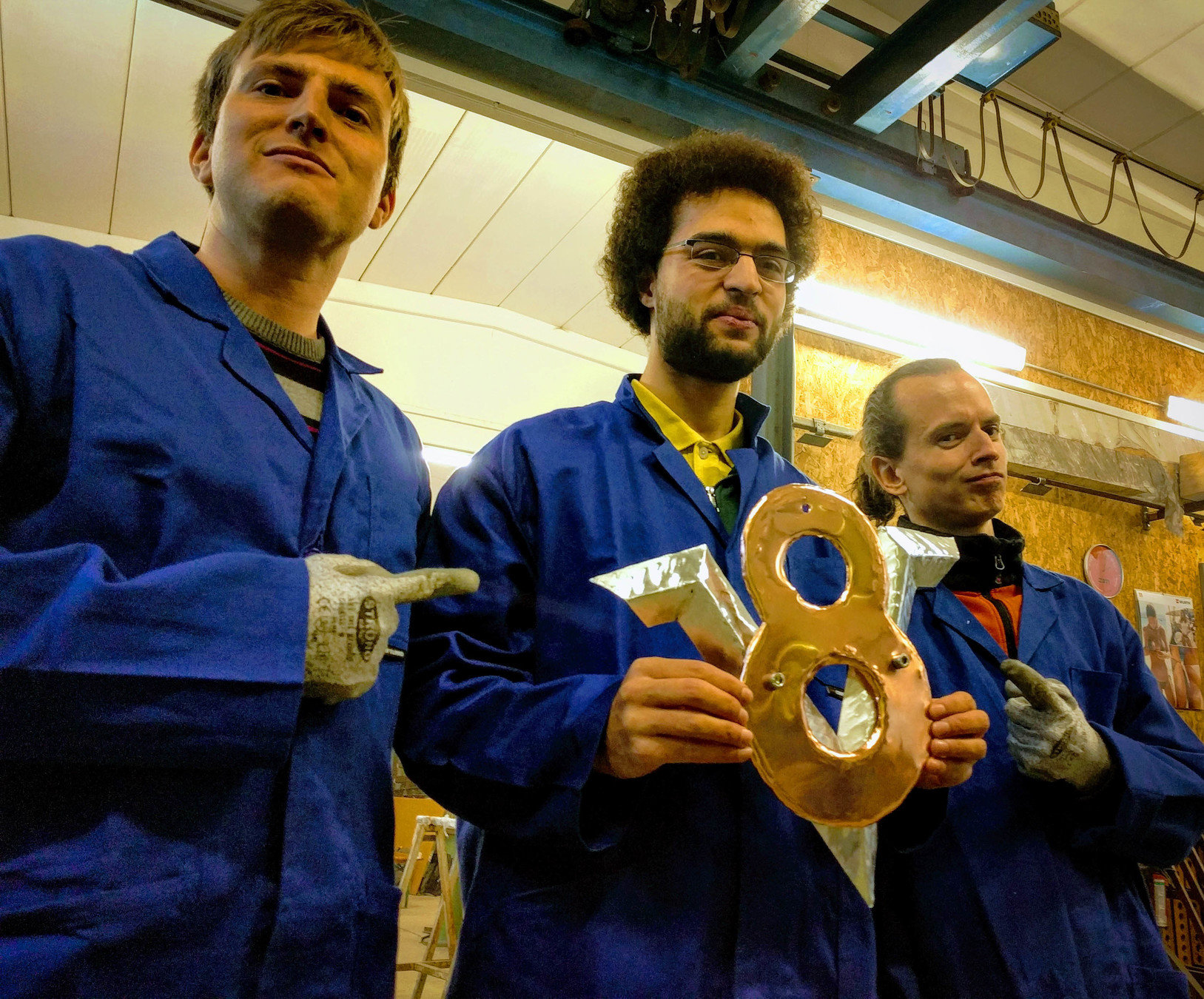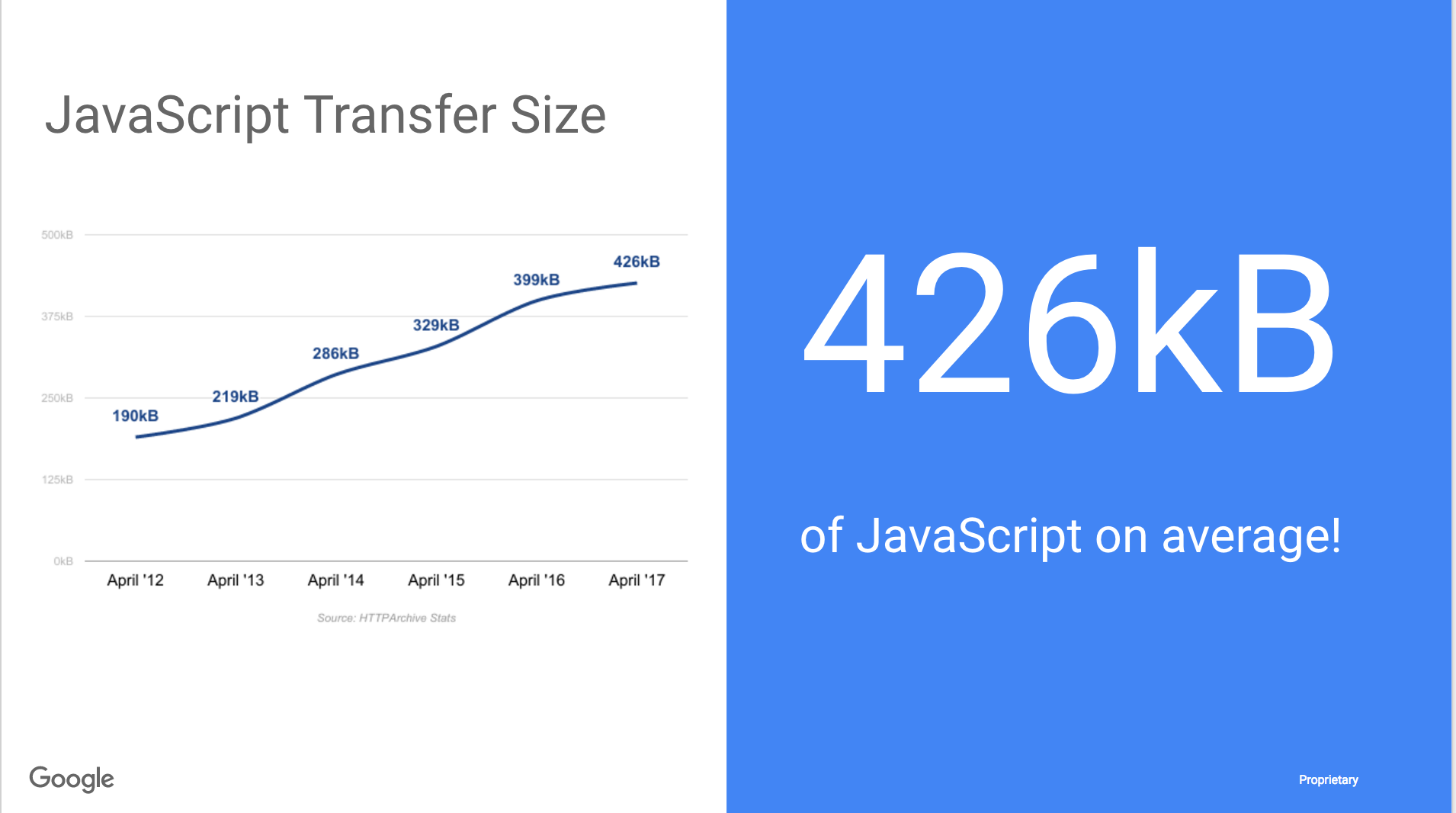A Report from V8
Spectre Badness, Torque Goodness
April 2018
Michael Stanton
- Google V8: Compiler Team/Manager
- V8: Feedback Vectors, TurboFan
- Cats, climbing and old typewriters :p




V8 Team, based in Munich
- ~25 people
- A few in San Francisco and London




We work on Chromium
- Open source
- Branded also as "Chrome"
- Chromium is huge - we only know a part!
V8 has many features
- "Hidden Classes"
- ICs (Inline caches) - how we learn
- Generational Garbage Collector
- Pipelined Architecture
Compilation pipeline with learning
Source
Code
Ignition
Byte
Code
Run for a while
Gather feedback
Google proprietary
Compilation pipeline with learning
Source
Code
Ignition
Turbofan
Byte
Code
Optimized
Code
Google proprietary
Compilation pipeline with learning
Source
Code
Ignition
Turbofan
Byte
Code
Optimized
Code

Deoptimization
Google proprietary
TurboFan
- The "Last Step" in the Pipeline
- Inlining
- Allocation Folding
- Escape Analysis
- Load Elimination
- Write Barrier Elimination
- etc!
Spectre
- Speculative Execution exposes secrets
- Chromium architecture is vulnerable ("rogue ads")
- Optimizing JavaScript compilers are vulnerable
function lookup(i) {
let data = 0;
if (i < secret_size) {
data = memory[ secret[i] ];
}
return data;
}
IFRAME boundary
// pass "nice" values to lookup to train
// the branch predictor
train();
// flush the memory array from the cache
fill_cache_with_junk();
// Pass a "bad" (out of bounds) i value
attack(bi);
// Which region of memory array load
// quickly?
region = sense(); // timers!
secret_at_bi = compute(memory, region, bi);Fencing
function lookup(i) {
let data = 0;
if (i < secret_size) {
LFENCE();
data = memory[ secret[i] ];
}
return data;
}
Costs a lot
Masking
function lookup(i) {
let data = 0;
let MASK = 0xffffffff;
{MASK, O} = i < secret_size;
if (O) {
data = memory[ MASK & secret[i] ];
}
return data;
}
Not really JavaScript anymore...
Masking
MASK = 0xffffffff; // CPU register
function lookup(i) {
let data = 0;
{MASK, O} = i < secret_size;
if (O) {
data = memory[ MASK & secret[i] ];
}
return data;
}
Not really JavaScript anymore...
Problems
- New speculative attacks appear
- How to test our mitigations?
- Complexity
- Does violence to our abstractions
What to do?
- Move to full site isolation
- Costs memory, some platforms need the mitigations
- Longer term: Control Flow Integrity (CFI)
Torque
All the ways to implement a builtin
JavaScript Builtins
- Array forEach, filter, map, splice, etc.
- Need to be predictably fast
- Tension: JavaScript is complex!
JavaScript Builtins
- Array forEach, filter, map, splice, etc.
- Need to be predictably fast
- Tension: JavaScript is complex!
- Spec compliant
- Simple
- Slow/cliffy :(
- Cliffs/bailouts
- Complex
- Fast! :)
JavaScript
Assembly? C++?
Some unholy combination?
Some history
- Some builtins were in hand-coded assembly
- Others in JavaScript
- Others had a C++ "fast path," and would bail out to JavaScript
- Others had an assembly fast path, would fall back to C++, which would then fall back to JavaScript
Questions?

Google proprietary
Shameless plug
